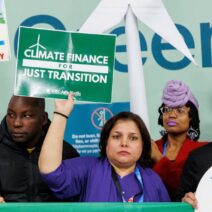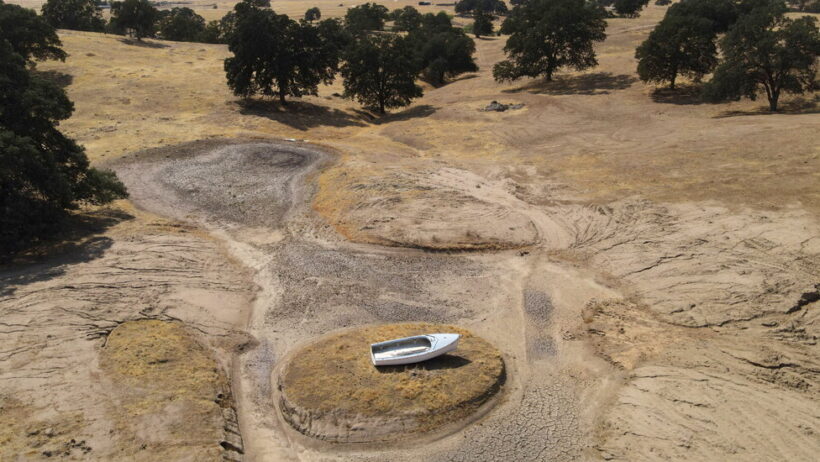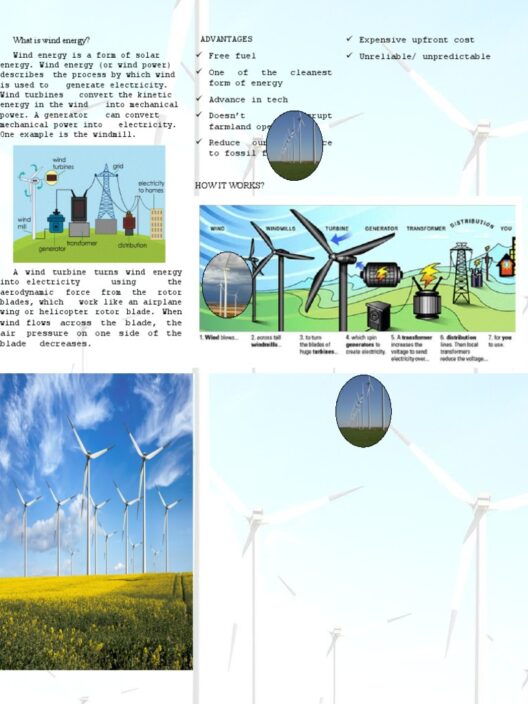Will Global Warming Kill Us? Assessing the Long-Term Risks of Climate Change on Human Life
The ongoing discourse surrounding climate change often evokes images of melting ice caps, rising sea levels, and unprecedented weather patterns. However, underlying this immediacy is a more profound question: will global warming ultimately pose an existential threat to humanity? To address this query, it is essential to scrutinize the multifaceted effects of climate change on human life, delving into environmental, health, and socio-economic repercussions.
Climate Change: The Scientific Backdrop
The scientific consensus is compelling. Global temperatures have risen significantly since the late 19th century, driven primarily by anthropogenic factors such as fossil fuel combustion and deforestation. As carbon footprints burgeon, greenhouse gas concentrations in the atmosphere have escalated, resulting in the greenhouse effect—a phenomenon whereby heat is trapped in the Earth’s atmosphere, leading to global warming. The Intergovernmental Panel on Climate Change (IPCC) has underscored the urgency of this issue, highlighting the potential trajectory of increased temperature rise and its consequences on planetary health.
Moreover, the phenomena associated with climate change—such as extreme weather events, biodiversity loss, and ocean acidification—are not isolated incidents but interconnected crises that exacerbate one another. Each facet of climate change interlinks, creating a web of risks that threaten the intricate systems sustaining human existence.
The Health Implications: A Looming Crisis
Climate change is not merely an environmental issue; it poses a formidable challenge to public health. The increase in temperatures fosters conditions conducive to the spread of vector-borne diseases such as malaria and dengue fever. As warmer climates expand the habitats of these vectors, populations previously insulated from such illnesses face new health risks.
Furthermore, increased frequency and intensity of heatwaves can lead to heat-related illnesses, particularly among vulnerable populations such as the elderly and those with pre-existing health conditions. The Centers for Disease Control and Prevention (CDC) indicates a direct correlation between heatwaves and increased mortality rates, highlighting the life-threatening impacts of climate change on human populations.
Additionally, air quality deteriorates as climate change fuels air pollution. The formation of ground-level ozone—exacerbated by higher temperatures—can lead to respiratory issues and cardiovascular diseases. The ill effects of such pollution disproportionately affect marginalized communities, further entrenching health inequities that have persisted for generations.
Environmental Degradation: The Fundamental Threat
The specter of environmental degradation looms large over the sustainability of human life. Climate change instigates alterations in rainfall patterns, exacerbating droughts and floods. These climatic extremities threaten agriculture—the backbone of global food systems. As crop yields fluctuate, food security becomes precarious, leading to malnutrition and famine in the most vulnerable regions of the world.
In tandem, the loss of biodiversity acts as a stark reminder of climate change’s far-reaching effects. Extinction rates have surged, with species unable to adapt to rapid climatic changes facing possible extinction. This loss not only erodes ecosystems but also disrupts the services they provide, including pollination, water filtration, and carbon sequestration. As biodiversity diminishes, so too does humanity’s resilience against environmental stressors.
Socio-Economic Ramifications: The Inequality Factor
The socio-economic intricacies of climate change reveal a troubling nexus between environmental degradation and human suffering. As natural disasters become more frequent, the economically disadvantaged bear the brunt of these calamities. Loss of property, income instability, and displacement ensue, engendering cycles of poverty that are difficult to escape.
Moreover, rifts in social and political stability can emerge as resources become scant. Competition for water and arable land may incite conflict, further destabilizing regions already under stress. This sows the seeds for migration, with populations seeking refuge from inhospitable conditions—a movement that poses challenges to both host communities and those displaced.
Moreover, as climate-related phenomena intensify, the burden on governmental and humanitarian resources escalates. Governments struggle to create adaptive frameworks in real-time, while non-profit organizations face mounting pressure to provide essential services. The cumulative strain on societal structures threatens the very fabric of social cohesion, resulting in heightened tension and vulnerability across populations.
Could this Audacious Catastrophe Spell Our End?
To assert that global warming will unequivocally lead to the extinction of humanity is a complex claim. While the potential risks are daunting and the consequences of inaction could be catastrophic, it is crucial to acknowledge the resilience of human ingenuity. The pathway forward lies in mitigating emissions, enhancing adaptive capacity, and fostering global cooperation. Innovative technologies, sustainable practices, and profound shifts in policy can curb the extensive threat posed by climate change.
The urgent call for action transcends mere ethical considerations—it is a matter of survival. The time has come to galvanize global efforts towards sustainable practices, equitable resource distribution, and proactive health measures. Our fate hangs in the balance, contingent not upon a doomsday prophecy, but upon our collective resolve to confront the challenges of climate change with intelligence and urgency.
The narrative surrounding global warming is not solely one of despair; it is also one of hope and potential. Humanity possesses the capacity to adapt and triumph over this formidable adversary. Yet, the clock is ticking, and decisive action is paramount. In the face of looming existential risks, will we mobilize to safeguard our future, or will we allow complacency to dictate our demise?








